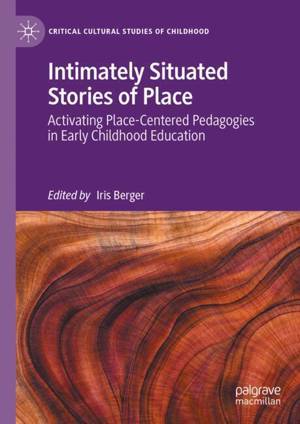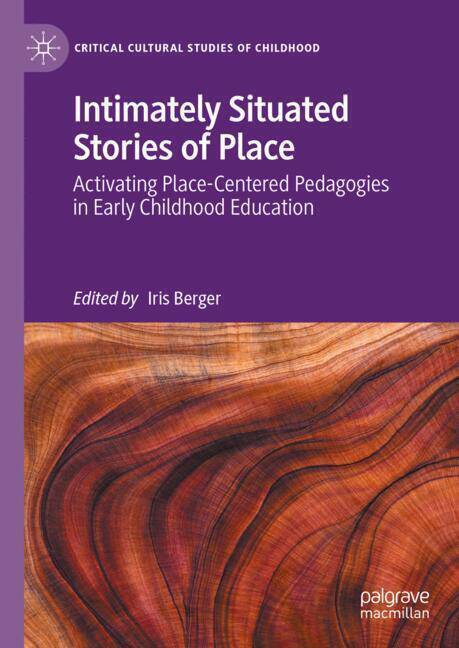
- Retrait gratuit dans votre magasin Club
- 7.000.000 titres dans notre catalogue
- Payer en toute sécurité
- Toujours un magasin près de chez vous
- Retrait gratuit dans votre magasin Club
- 7.000.000 titres dans notre catalogue
- Payer en toute sécurité
- Toujours un magasin près de chez vous
Intimately Situated Stories of Place
Activating Place-Centered Pedagogies in Early Childhood Education
Description
This edited volume illuminates how intimate relations with place can transform early childhood pedagogy by presenting a diverse range of situated place stories. The book begins to answer big questions facing the early childhood education community, including: "What is situated, locally responsive education?", at a time when both researchers and educators grapple with their responsibility (and response-ability) to initiate and inspire alternative environmental ethics and anticolonial approaches that invite active participation from children. Chapters will include work from Indigenous and non-Indigenous researchers and educators who center the role of place in cultural identity, community building, and anticolonial projects throughout their work and teaching.
Spécifications
Parties prenantes
- Editeur:
Contenu
- Nombre de pages :
- 367
- Langue:
- Anglais
- Collection :
Caractéristiques
- EAN:
- 9783031630330
- Date de parution :
- 11-11-24
- Format:
- Livre relié
- Format numérique:
- Genaaid
- Dimensions :
- 148 mm x 210 mm
- Poids :
- 616 g






